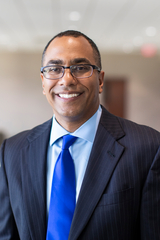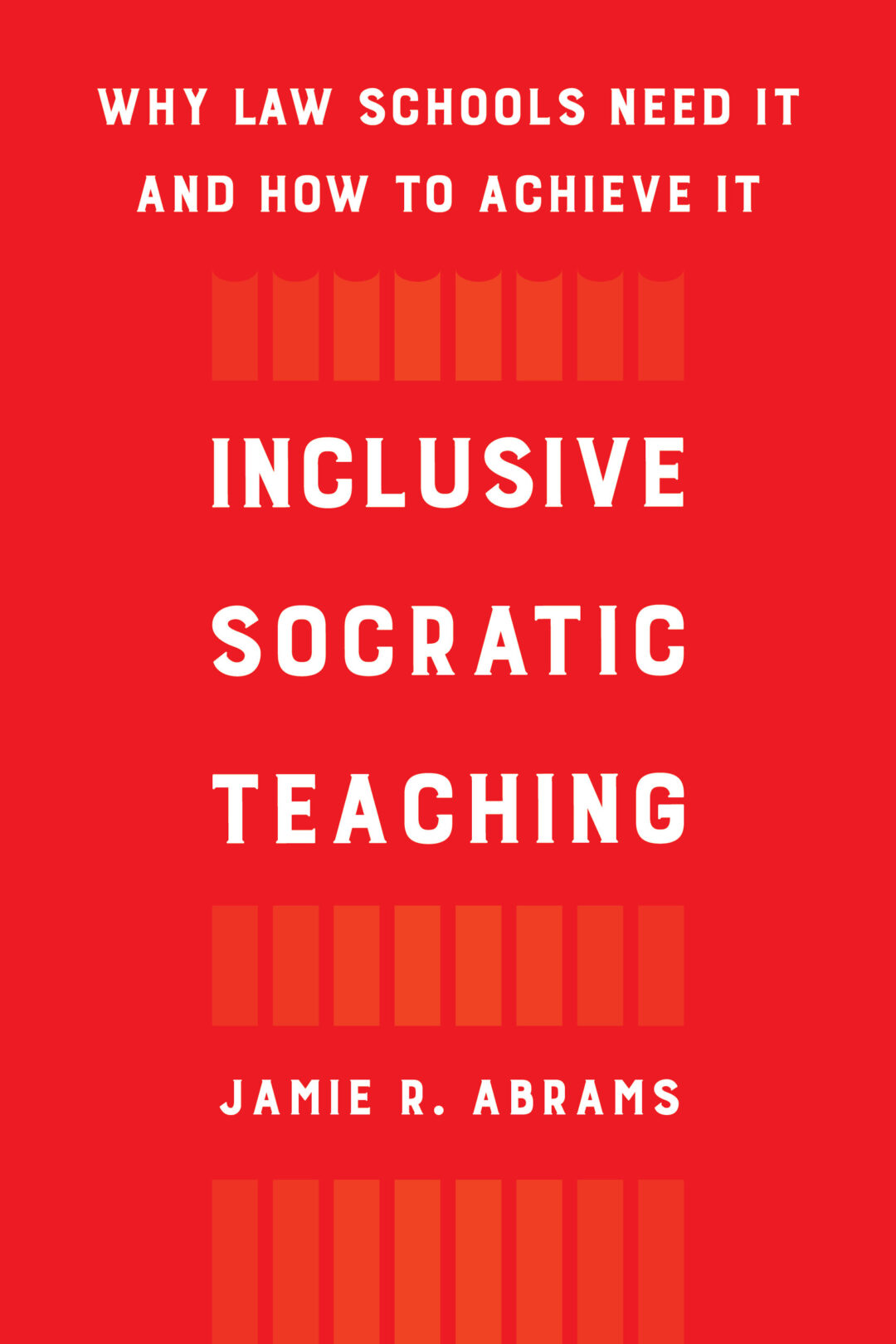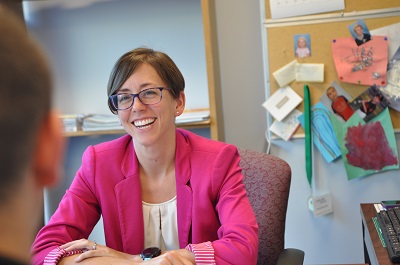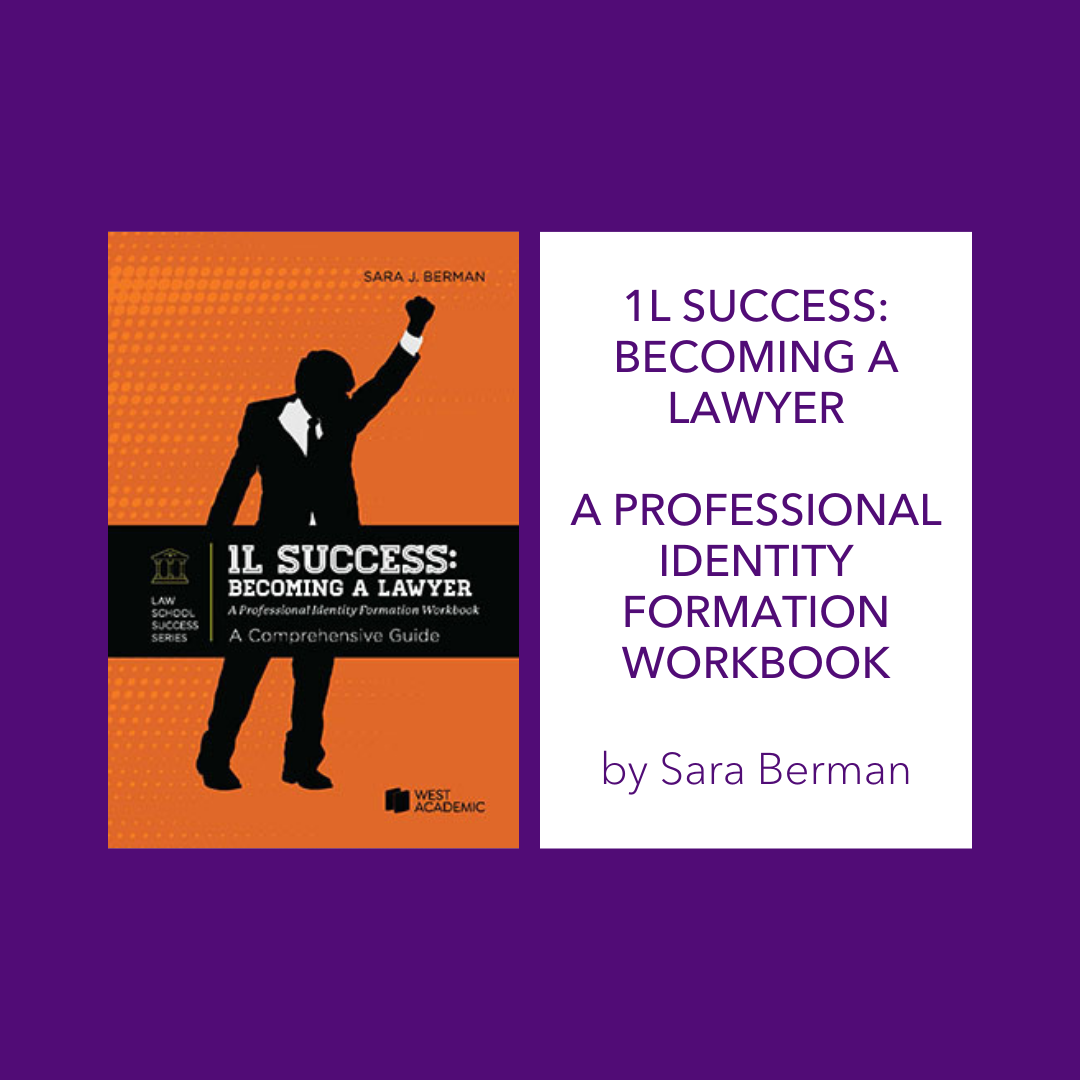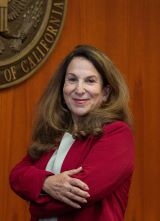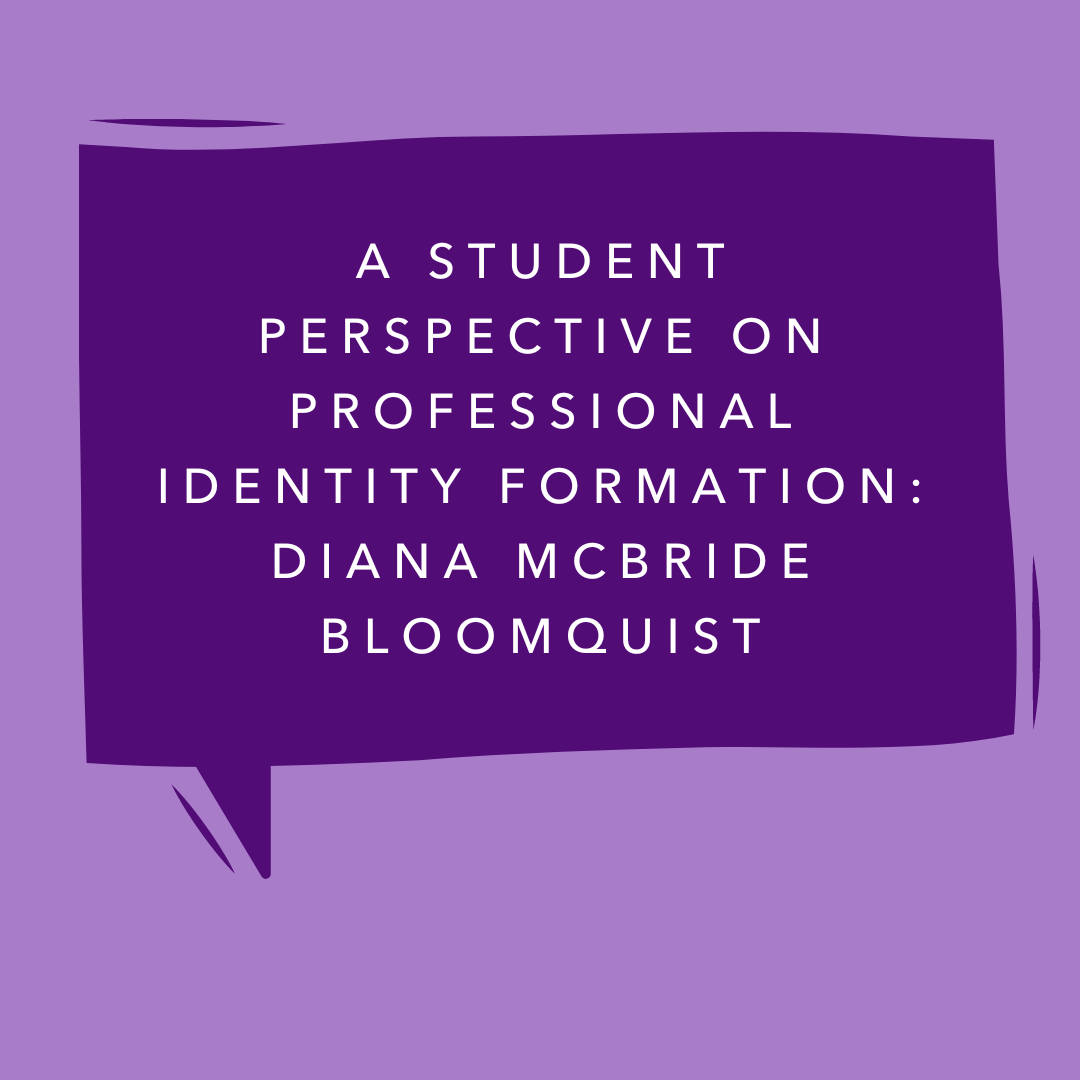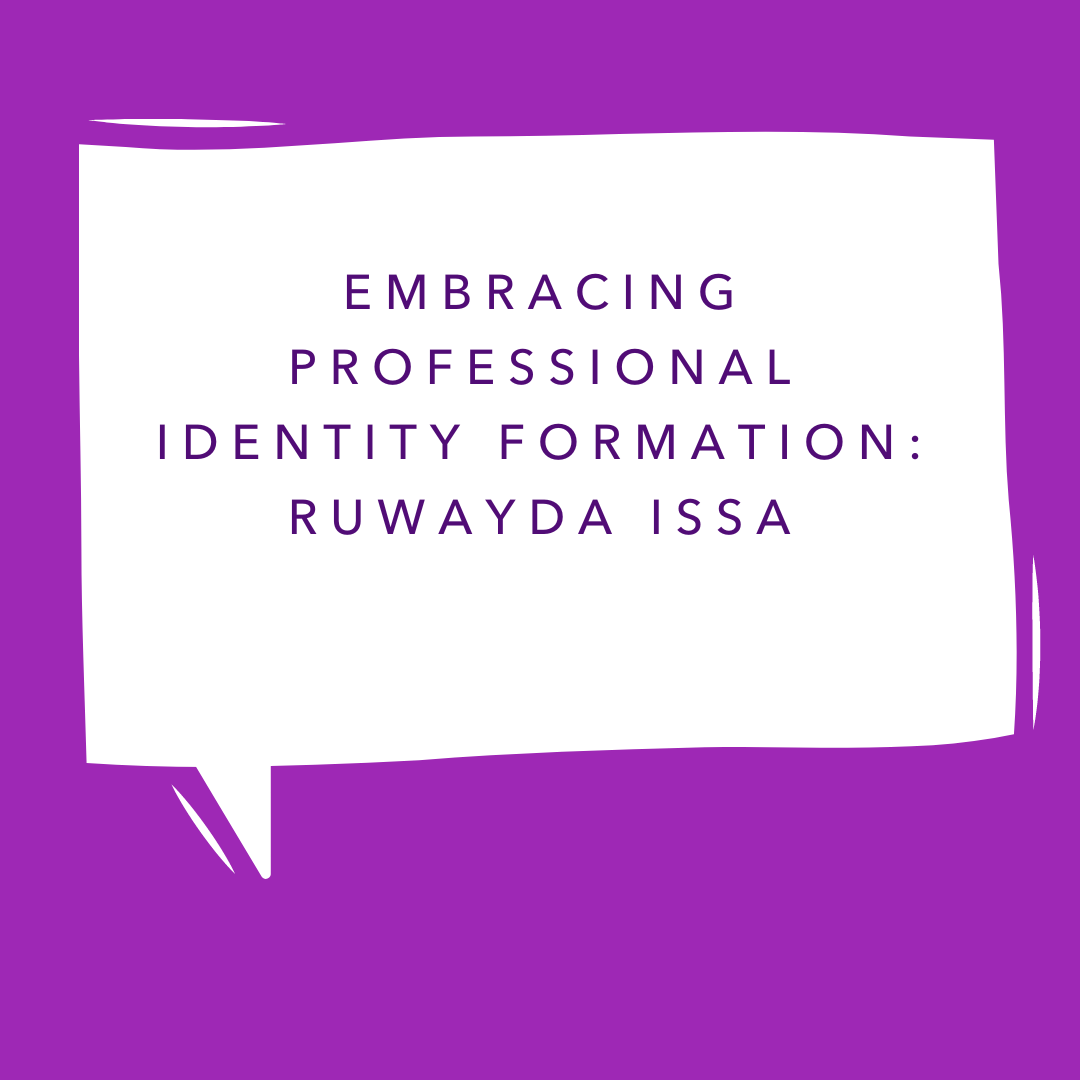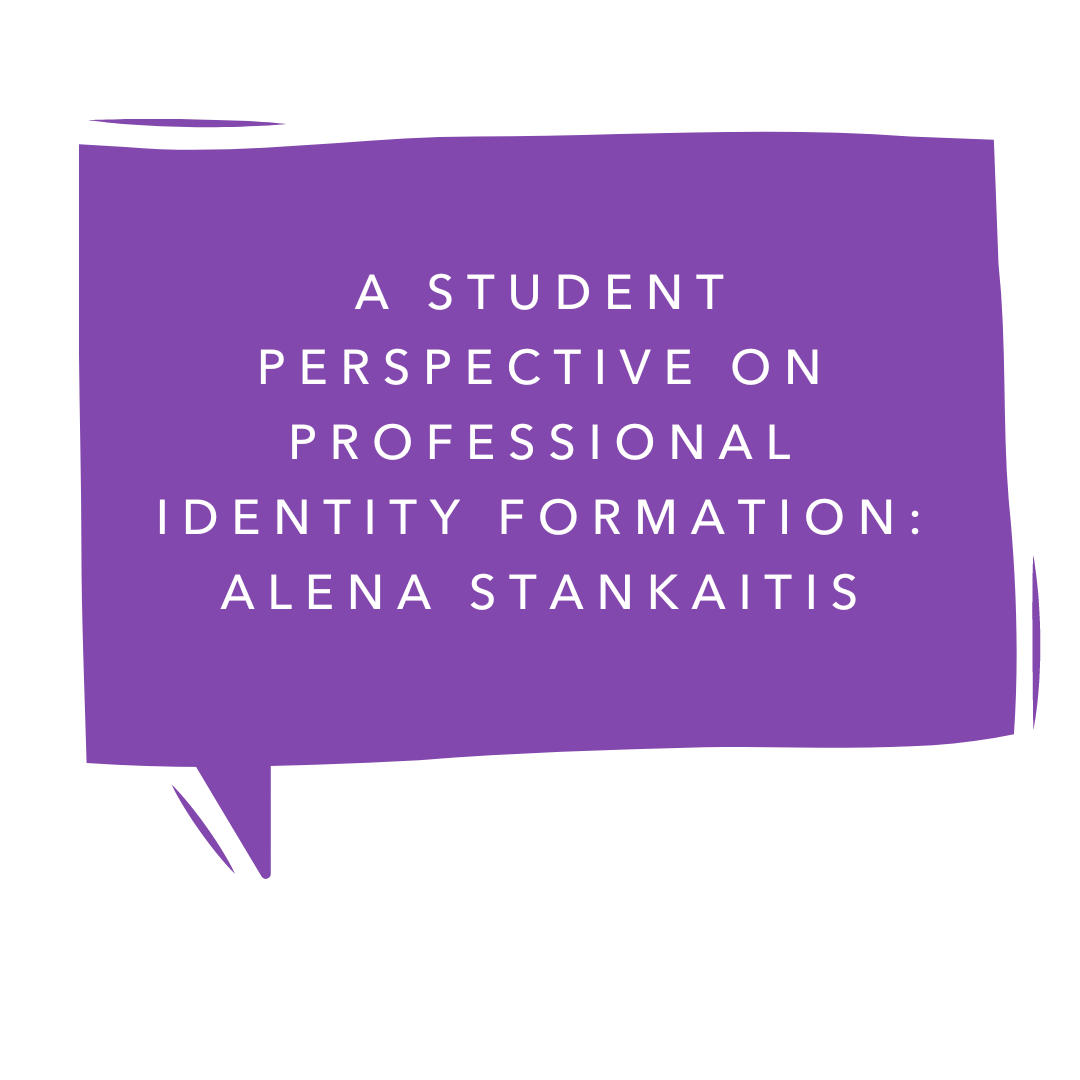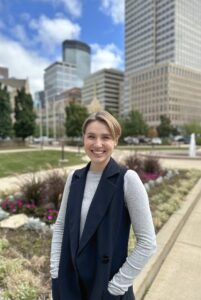By: Marni Goldstein Caputo and Kathleen Luz, Senior Lecturers in Boston University School of Law’s Lawyering Program
Due to the American Bar Association’s (ABA) recent adoption of Standard 303(b)(3), the term “professional identity formation” is now used in a more widespread manner throughout law schools. But what, exactly, is it? And how, exactly, should it be introduced into the 1L curriculum? Further, why do law schools tend to downgrade the importance – or rigorousness – of professional identity formation? When they do so, they risk missing a critical opportunity to develop whole, purpose-driven, mindful future lawyers. We seek here to explain our unique take on professional identity formation, debunk some common misconceptions, and combat the relative institutional diminishment of the importance of 303(b)(3).
What is Professional Identity Formation?
ABA Standard 303(b)(3) mandates, somewhat vaguely, that “[a] law school shall provide substantial opportunities to students for: ….(3) the development of a professional identity.” ABA Interpretation 303-5 clarifies that vagueness, but only to a limited extent, stating:
Professional identity focuses on what it means to be a lawyer and the special obligations lawyers have to their clients and society. The development of professional identity should involve an intentional exploration of the values, guiding principles, and well-being practices considered foundational to successful legal practice. Because developing a professional identity requires reflection and growth over time, students should have frequent opportunities for such development during each year of law school and in a variety of courses and co-curricular and professional development activities.
Thankfully, scholars have amply filled in the gaps with definitions like this one: “Professional identity is the way a lawyer understands [their] role relative to all of the stakeholders in the legal system, including clients, courts, opposing parties and counsel, the firm, and even the legal system itself (or society as a whole). Professional identity . . . encompass[es] the ideals each of us holds regarding our professional roles, and how we apply those ideals to the complex situations we encounter in our professional lives.”[1] Thus, professional identity formation involves looking inward and outward, reflecting not only on a student’s or lawyer’s own purpose, but on their role vis a vis others in the legal system. Below, we offer our take on what professional identity means and what formation of that identity entails.
Our Unique Take?
As 1L lawyering skills professors, we spend the majority of our time teaching “hard skills” – legal writing and analysis, oral communication skills, and others. But professional identity formation involves developing a different skill set — skills which have often been referred to as “soft skills.” We reject this nomenclature because it minimizes the importance of these skills. Thus, we refer to them as “character-based” skills, which are as critically important to the development of new lawyers and their professional identities.
Furthermore, we have coined unique terms to divide character-based skills into two categories:
- Inward facing character-based skills are those necessary to the development of self, including a lawyer’s decision-making process, purpose, priorities, boundary-setting mechanisms, mindfulness, and well-being.[2]
- Outward facing character-based skills are those necessary to interact with other stakeholders in the legal system like clients, colleagues, and judges; these skills include empathy, active listening, patience, and teamwork.[3]
Moreover, our unique perspective on professional identity formation rests on how we incorporate these skills into our 1L lawyering skills classroom. We believe that professional identity formation is not just a concept – it is an applied concept. Specifically, we teach it through the introduction, then practice, and then reflection of character-based skills. This process involves three steps:
- Step 1 – Introducing the character-based skills: We introduce character-based skills through pre-reading and then a discussion of the reading in class. When possible, our discussion involves exploring the stories of real-life lawyers who either did – or did not – demonstrate these skills and the fallout from their successes or failures.
- Step 2 – Practicing the character-based skills: We try to dive right into this stage as quickly as possible. We spend less time saying, “be an active listener” or “remember to know and protect your moral boundaries,” and more time connecting the use of these skills to graded research and writing assignments or simulations related to those assignments. For example, students may need to counsel a client who makes unethical suggestions after the student has researched and analyzed a core legal issue related to that client, as well as written a memo about that issue. Or students might be required to make choices and decisions in a pressurized lawyering scenario and use their discretion when choosing between two legally appropriate options. In the doing of these exercises, students practice the relevant character-based skills they just learned.
- Step 3 – Reflecting on the skills: After students practice the skill, we reflect on what it felt like and how it went, and how they might improve that skill the next time they use it. Through this reflection, students finally connect their handling of this skill to the broader concept of their professional identity. For example, when they asked questions to their client, were they empathetic and/or did they actively listen? Do they feel comfortable with the power of discretion when making a choice? Where are their boundaries? What values shape those boundaries? How will they make difficult choices while honoring those values and boundaries? What is the state of the student’s current professional identity, and how will the student progress and grow?
In this way, we choreograph a progression in which students “back into” professional identity formation through learning character-based skills in a manner attached to graded assignments oriented around “hard skills.” Introducing these critical skills in this manner avoids amorphous discussions that serve to minimize their rigorousness. Rather, this method allows students to tie these character-based skills to other lawyering skills, hopefully causing them to draw upon those experiences in their future practice. Therefore, students begin the process of professional identity formation as early as the fall semester of their 1L year.
Why Are There Misconceptions About Professional Identity Formation?
The lack of clarity provided by the ABA’s standard and interpretation, and the ABA’s use of words like “values,” “principles,” and “well-being” to interpret it, can make professional identity seem less concrete, or even like an amorphous concept. As a result, it has sometimes mistakenly been perceived as a topic that can be addressed in a piecemeal, around-the-edges fashion. Or it can be erroneously cabined to the career office for 1Ls, to externships and clinics for 2Ls and 3Ls, and to a variety of summer jobs for all students.
Even further obscuring the perceived importance of 303(b)(3) was its concurrent inception with ABA Standard 303(c), which requires law schools to teach all students about bias, cross-cultural competency, and racism. Law schools properly viewed the critical 303(c) topics as intellectually rigorous. They charged ahead to tackle the 303(c) requirement, hired new faculty and staff, and created dedicated classes and graduation requirements. Though there are certainly some exceptions, 303(b)(3) was less at the forefront for most law schools. We believe that this relative backburner effect is the result of some common misconceptions.
Debunking Misconception #1: Professional Identity Formation is NOT the Same as Professionalism or Professional Responsibility
First, professional identity formation is not the same as professionalism or professional responsibility. “While there is some overlap existing between the two concepts, these concepts are separable, and there is value in articulating two separate definitions and goals in this work and in our teaching. . . .”[4] Moreover,“[t]he shift from ‘professionalism’ to ‘professional identity’ is far from semantic. Governed by ethical rules and bound by occupational decorum, professionalism is extrinsically oriented. By contrast, professional identity is internal and interwoven with one’s morals, values, and character–i.e., identity.”[5]
While we believe the word “professionalism” can be exclusive and alienating, and thus we avoid its use with students, that topic is for a different blog post. For our purposes here, we note that we do teach what is typically referred to as “professionalism” through our course policies and rules. We require timeliness, thoroughness, appropriate communication with our teams, attention to detail, and respectful email and communication etiquette. Though highly important for the formation of future lawyers, those skills are not innately tied to professional identity formation.[6] Though we deeply respect the work done by the career office to ready students for job searches (one of us was a career advisor for a decade), we also believe that instruction about attire, timeliness, cover letters, and interview tactics are not truly connected to professional identity formation.
Similarly, professional identity formation is not the same as the topics covered in professional responsibility class. Rather, “[i]t is no longer reasonable that a single, required course in professional responsibility will somehow suffice to instill the long-lasting and deep values in legal ethics expected by both the members of our profession, clients, and the American public.”[7] Thus, a single professional responsibility course cannot alone satisfy ABA Standard 303(b)(3). When professional identity is incorrectly combined with professionalism and professional responsibility, the importance and scope of professional identity formation as contemplated by ABA Standard 303(b)(3) are minimized. We believe that the teaching methods we described above counter these misconceptions and weave character-based skills into the core 1L lawyering curriculum in a way that showcases, rather than minimizes, the importance of 303(b)(3).
Debunking Misconception #2: Professional Identity Formation is NOT an Amorphous Concept
There is a common misconception that professional identity formation is best done through soul-searching and broad conversations about dreams, fears, identities, and purpose. We certainly have those amazing conversations with our students in office hours, at school activities, and in individual student conferences. However, they are meant to complement our curricular, in-class approach, which is highly structured and skills-driven. Notably, not all students are willing to participate in those types of broad conversations or internally reflect in that manner and thus, relegating professional identity formation to that space would be inherently exclusive.
Because we structurally and pedagogically tie professional identity formation opportunities to assignments and simulations, we reject the perspective that teaching professional identity formation is an amorphous endeavor. Rather, professional identity formation appears on our syllabus and arises in our classrooms like traditional lawyering topics. Students are aware at the outset that professional identity formation is part of our course, as it is listed in our outcomes on the syllabus. Our goal is for our students to place equal importance on developing “hard” and character-based skills.
Debunking Misconception #3: It is NOT Untenable to Add Professional Identity Formation to a Busy 1L Skills Curriculum
Yes, the 1L skills curriculum is packed and most of us have a laundry list of worthy skills we simply cannot cover. However, that does not mean there is no room for professional identity formation. Rather, as outlined above, it just means being more purposeful and strategic with the 1L skills curriculum and capitalizing on those potential opportunities. Further, the ABA requires “frequent opportunities for such development during each year of law school and in a variety of courses.” Therefore, there is really no room to skip 1L year in terms of creating these opportunities.
Additionally, the 1L lawyering skills class provides the perfect opportunity for this type of professional identity formation. “It is naive and unrealistic to assume that our students only begin to develop their professional identities when they enter the world of practice. In fact, students begin to develop their professional identities from the first day of law school . . .”[8] Through the use of carefully constructed assignments, replicating the representation of real-world clients, our students are pushed to “back into” professional identity formation. Attaching these opportunities to assignments allows for time within the curriculum, without displacing any other critical skills.
Conclusion
Our goal here is to convince the doubters that professional identity formation is meaty and meaningful, and that 303(b)(3) is just as important as 303(c). In so doing, we hope to dispel some of the common misconceptions and combat what we feel has been a certain degree of institutional diminishment of professional identity formation. Of course, as 1L lawyering skills professors we also hope to encourage our peers to strategically incorporate professional identity formation into their 1L lawyering skills courses and to consider the character-based “backing into” approach we outline above. Incorporating professional identity formation into the 1L skills curriculum is not difficult or distracting, in that it seamlessly complements and dovetails with skills they already teach. Further, developing exercises, simulations, and assignments that cause students to practice character-based skills, and thus contemplate their professional identities, is fun and allows for a tremendous amount of creativity in the classroom.
[1] Martin J. Katz, Teaching Professional Identity in Law School, 42 Colo. Law. 45, 45 (2013).
[2] Marni G. Caputo & Kathleen Luz, Beyond “Hard” Skills: Teaching Outward- and Inward-Facing Character-Based Skills to 1Ls in Light of ABA Standard 303(B)(3)’s Professional Identity Requirement, 89 Brook. L. Rev. 809, 817 (2024); see also M. Walsh Fitzpatrick & R. Queenan, Professional Identity Formation, Leadership and Exploration of Self, 89 UMKC L. Rev. 539 (2021).
[3] Caputo & Luz, supra; see also S. Daicoff, Law as a Healing Profession: The “Comprehensive Law Movement,” 6 Pepp. Disp. Resol. L.J. 1 (2006).
[4] David I. C. Thomson, “Teaching” Formation of Professional Identity, 27 Regent U. L. Rev. 303, 316 (2015).
[5] Eduardo R.C. Capulong, et al., Antiracism, Reflection, and Professional Identity, 18 Hastings Race & Poverty L. J. 3, 5 (2021).
[6] See Maureen R. Van Neste, Law Student Professional Development and Formation: Bridging Law School, Student, and Employer Goals, Neil W. Hamilton and Louis D. Bilionis (Cambridge University Press 2022), 167 Pages, 27 Legal Writing: J. Legal Writing Inst. 309 (2023).
[7] Miriam R. Albert & Jennifer A. Gundlach, Bridging the Gap: How Introducing Ethical Skills Exercises Will Enrich Learning in First-Year Courses, 5 Drexel L. Rev. 165, 169 (2012).
[8] Albert & Gundlach, supra.


Marni Goldstein Caputo (L) and Kathleen Luz (R) are a Senior Lecturers at Boston University School of Law, where they teach Lawyering Skills to first-year law students. Their scholarship focuses on professional identity formation, legal writing pedagogy, and learning science.


